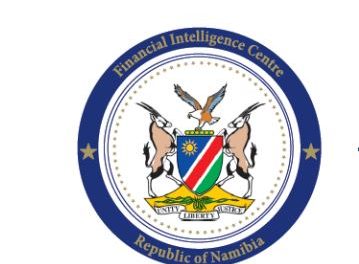
Inclusive education and HIV/AIDS still a challenge
The Education and Training Sector Improvement Programme was launched in 2006 to be the roadmap that would guide the development of the education and training sector for the next 15 years. The programme has made some progress since its inception including the implementation of a strategic plan which will ensure that pre-primary education is integrated into the formal education system, says aul Fuentes Milani, head of the European Union delegation to Namibia.
The Education and Training Sector Improvement Programme (ETSIP)’s other achievements are the implementation of an early grade reading assessment (EGRA) in lower primary as well as the introduction of national standardised achievement tests in upper primary schools, according to Milani.
Milani added that adult and lifelong learning is also now receiving the attention it deserves and that access to this sub-sector is increasing.
Speaking at the annual review of the progress of the education programme this week, Milani said that in order to ensure that Namibia reaches its goals, the objectives of ETSIP must be kept in mind.
He said inclusive education and the HIV/AIDS pandemic are two key areas that must receive attention.
“We all know that discrimination is silent and that thousands of children still have cultural, material or physical problems to adapt to mainstream education. Moreover, ensuring the right to a quality education to marginalised groups, particularly indigenous communities, still constitutes a challenge. Effective approaches should not only be community-based but also community-wanted, and would build upon local cultural, language and livelihood opportunities,” Milani said.
Despite progress in the area of HIV/AIDS, it remains one of the main challenges to the education sector, therefore it is crucial that the funds allocated to HIV/AIDS are fully utilised and that policies on the pandemic are effectively mainstreamed into the education sector, added Milani.
“The education and training sector is and will remain a primary strategic mechanism to pave the way for personal growth, job creation and economic growth – all of which are elements essential for sustainable poverty reduction.
“Achieving education goals depends on many factors and adjusting ETSIP to take account of new challenges is the only way to realise these goals,” he said.
In a speech read on his behalf, Dr David Namwandi said that the implementers and stakeholders have less than a year to reach the goals of the first phase of the programme, therefore their actions should be well thought, planned and focused.
“I implore the implementers and the supervisors to ensure that the activities for this financial year include the recommendations made during the National Conference on Education which was held last year as well as the recommendations that were made during the mid-term review of ETSIP. I further appeal to you to ensure that ETSIP is indeed an integrated part of your daily activities and that your implementation plans are in harmony with the new strategic plan which includes the ETSIP,” Namwandi said.
The Education and Training Sector Improvement Programme is a fifteen-year strategic plan (2006 -2020) aimed at meeting the skilled labour and knowledge needs as outlined in Vision 2030. The first phase of ETSIP aims to strengthen the quality, effectiveness, and efficiency of the general education and training system.












































